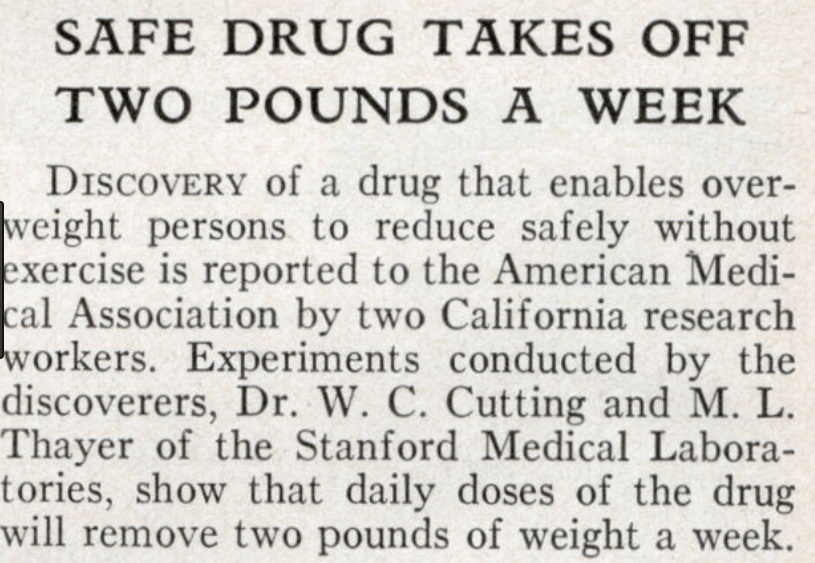
You can do this at home, and your wife will notice your extra-rocky member…

—-Important Message—-
Vasodilation naturally opens up narrow, constricted arteries (and helps a man “down there”)
Heart problems like aortic stenosis occur from narrow, blocked-up arteries.
This happens over time from plaque and calcium build-up.
And eventually, blood flow suffers and it doesn’t just hurt the heart…
…it hurts a man “down there” too…
But fortunately, vasodilation naturally opens up the arteries, clears blockages, and restores flexibility.
So blood flow improves, heart health improves, and “rockiness” improves too.
Try my Vasodilation Protocol for free right now.
———-
This opens up narrow arteries and prevents aortic stenosis
Aortic stenosis is the narrowing of the exit to the left side of the heart.
It affects about one in 50 people over the age of 65.
Without treatment, aortic stenosis can kill 50% of people who have it over a five-year period.
That figure increases to 90% over a 10-year period after diagnosis.
In recent years, valve replacement surgery has significantly reduced the number of deaths from aortic stenosis.
The disease has many known risk factors.
But recently, researchers have discovered that a common arthritis treatment seems to increase the risk of aortic stenosis.

These researchers at the Department of Biomedical Engineering, Vanderbilt University, Nashville, Tennessee looked at cell experiments and data from human medical records.
JACC: Basic to Translational Science published the results.
The researchers made this discovery accidentally, while looking for a treatment for aortic stenosis.
The researchers were exploring the relationship between a protein called Cadherin-11 and the common heart problem.
“Cadherin-11 has recently been identified as a potential therapeutic target for calcific aortic valve disease.”
The researchers searched medical databases looking for drugs that affect this protein.
They found that the anti-inflammatory medication celecoxib was known to affect the protein in question.
And this prompted the research.
“The already approved drug celecoxib, a COX-2 inhibitor, binds cadherin-11, and was investigated as a therapeutic against calcific aortic valve disease.”
Celecoxib is a medication widely used for its anti-inflammatory properties, mostly used to treat numerous types of arthritis.
The researchers tested the effect of celecoxib on heart cells from the aortas of animals.
And the results were exactly the opposite of what the researchers had hoped for.
The medication caused an increase of calcium in the aortic valve cells – a process strongly associated with aortic stenosis.
“Celecoxib treatment increases dystrophic calcification of aortic valve interstitial cells in vitro.”
The narrowing of the aorta, which leads to aortic stenosis, is caused by a buildup of calcium.
And celecoxib caused this same effect.
“Celecoxib treatment led to hallmarks of myofibroblast activation and calcific nodule formation in vitro.”
The researchers were surprised at the results.
This type of calcium buildup is what leads to aortic valve replacement surgery.
“This degenerative disease is the most common cause of aortic stenosis, which eventually requires surgical replacement of the aortic valve because there are no effective pharmaceutical treatments.”
The researchers looked through previous reports on celecoxib and aortic stenosis.
A prior study had found no relationship between the arthritis medication and heart problems.
But that research only looked at short-term effects.
Celecoxib was approved for medical use in 1999. So there is ample medical data available for investigating the effects of this treatment over the long-term.
The scientists began to analyze this data – looking at the relationship between celecoxib and the risk of aortic stenosis.
That research showed that celecoxib is associated with an increased risk of aortic stenosis in humans.
“Celecoxib use is associated with diagnosis of aortic stenosis in analysis of electronic medical records.”
There was an increased risk of aortic stenosis with celecoxib compared to other similar medications.
“Medical record analysis of celecoxib, ibuprofen, and naproxen revealed a unique association of celecoxib use and aortic stenosis.”
That research took information from over 8,000 individuals who used either celecoxib, naproxen, or ibuprofen.
The researchers found that celecoxib increased the risk of aortic stenosis by 24% to 36%.
“Celecoxib use is associated with…increased odds of developing aortic stenosis.”
The other medications did not increase the odds of having a diagnosis of aortic stenosis.
(However, those two medications also have problematic side effects.)
“Identical analyses were performed with ibuprofen and naproxen, and no associations were found.”
This type of anti-inflammatory is known as a COX-2 inhibitor.
These treatments have been plagued by side effects that damage the heart and cardiovascular system.
The notable exception is aspirin…
Aspirin is an effective COX-2 inhibitor – and much safer for the heart.
You should always consult a healthcare practitioner about diagnosing and treating any health related problems.
—-Important Message—-
This Stanford discovery BANNED: Men using it to reclaim their youthful metabolism and stamina
In 1938, this mitochondrial uncoupling discovery made thousands of men lose 2 pounds per week, without cutting their intake of food at all.

The FDA banned it of course.
But today, Big Pharma are trying frantically to create legal versions of that old chemical, so they can get even richer…
But as it turns out, there are inexpensive supplements that accomplish the same thing SAFELY and QUICKLY in your own home.
And guess what?
This also gives men HUGE youthful stamina in the bedroom. Who knew?
———-
